Franke W. (Ed), Oncken O. (Ed)1-86239-073-8
Research into the orogenic processes that shaped the continental crust of Europe has a long-standing tradition. Why the need to quantify and model? It is not just satisfactory to identify subduction zones, accretionary prisms, island arcs, extensional collapse and other standard items of the geodynamic menu. Such interpretations need to be quantified: extent and composition of subducted crust, angle and speed of subduction, amount and composition of melts produced, heat sources for metamorphism. All such interpretations have to conform to first principles, and also to stand the test of quantitative balancing – a concept first developed for the conservation of length or volume in tectonic cross sections. Also in other fields, the correlation of causes and effects and the internal consistency of dynamic models requires a numerical approach. The present volume combines review articles with reports on recent progress in the attempt to address these aims. There is a foldout map of the region, which locates the main areas of outcrop and tectono-stratigraphic units, and a reassesment of the Palaeozoic time scale permits correlation of tectonic, metamorphic and magmatic events with the sedimentary record of the upper crust. Readership: Earth Scientists, Research academics interested in tectonics, Stratigraphers, Sedementologists. | |
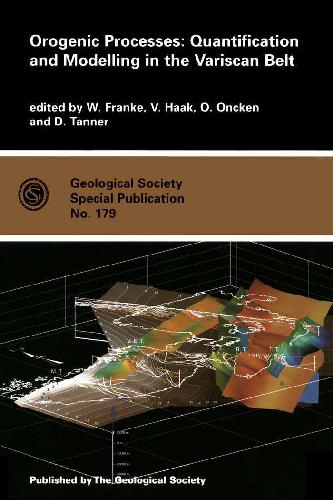
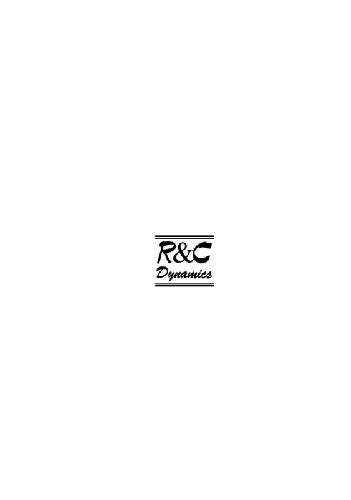
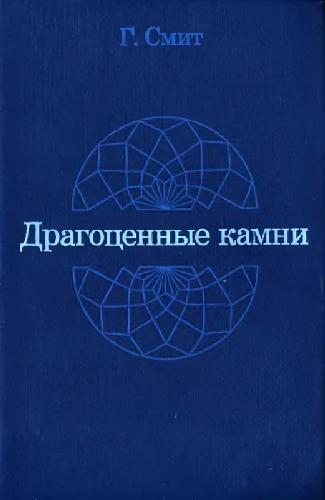

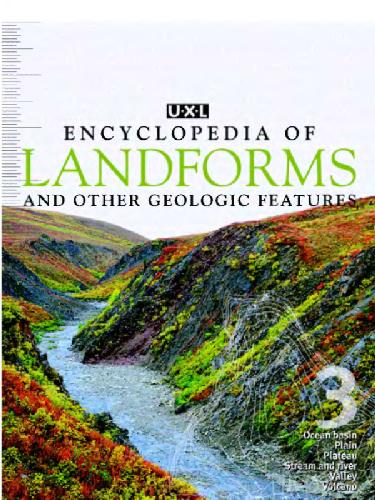
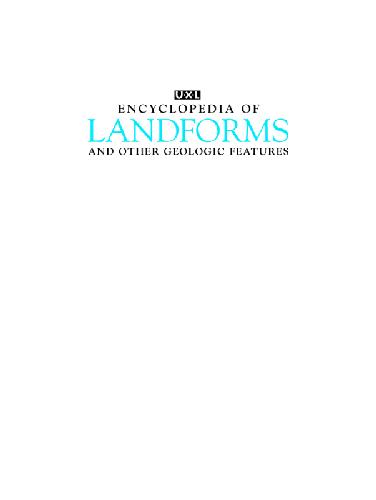
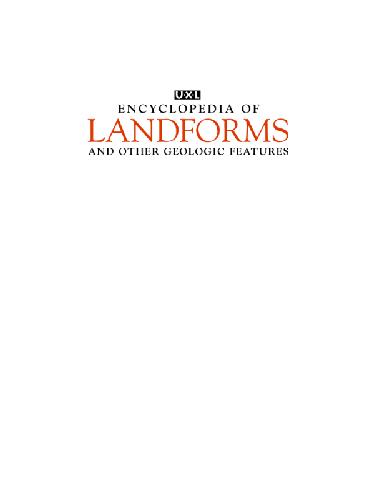
Reviews
There are no reviews yet.